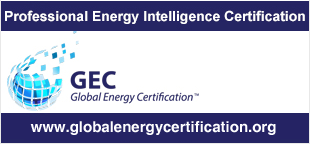In the development of Indonesian coal mining, the contractors pursue two different concepts. The one option as in the case of Kaltim Prima, involves all investment being borne by the mining firm using conventional methods with production conducted under its own management. The other approach adopted, for example by BHP Billiton/Arumin, provides for investment only in the mine’s infrastructure. Examples include road access, power supply, crushing and screening plant and loading equipment. However, actual coal production, including waste removal and restoration of the terrain as well as coal transportation by road or inland waterway, is outsourced to companies with their own personnel at a firm price per tonne of coal.
Coal is almost entirely extracted in opencast operations with mine sizes of two to ten Mt per annum. However, there are also numerous smaller mines and cooperatives with an annual output of 0.5–1.0 Mt, which supply the big producers or exporters.
The worldwide trend toward concentration and consolidation in the hard coal mining industry has not yet reached Indonesia. The two leading producers and exporters, Rio Tinto/BP and BHP-Billiton, were compelled to slash their holdings (< 25%) in 2002, or they withdrew entirely from Indonesia. The obligation imposed on foreign investors to hand over a majority stake to Indonesian partners after ten years of operation is prompting big and global coal market players to steer clear of involvement.
As of December 2009, the two biggest coal producers were Bumi and Adaro accounting for 35% of total production output. The former is reporting coal resources and reserves of 7.8 Bt and 2.9 Bt respectively, considerably more than Adaro’s reported coal resources of 3.5 Bt.
Bumi Resources produces ‘eco-coal’ through its Arutmin Indonesia subsidiary, thermal coal through its Kaltim Prima Coal subsidiary following Bumi’s acquisition of KPC from BP and Rio Tinto in 2003 and oil and gas through Gallo Oil (Jersey) Ltd. The company extracts coal from East and Southern Kalimantan and sold it at an average of USD 63.14 per ton in 2009, before government royalties are considered. Even lower sales prices were reported for the first half of 2010 of USD 62.9 per ton, compared to USD 75.2 per ton for the same time in the previous year.

















